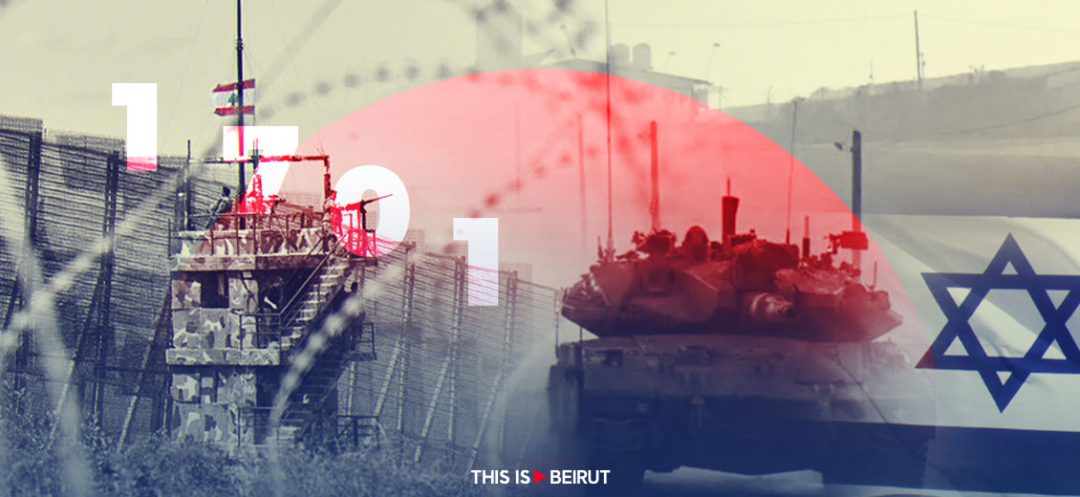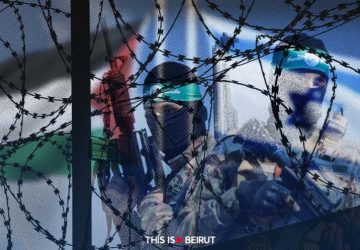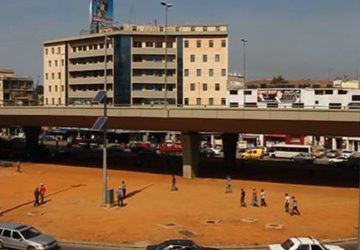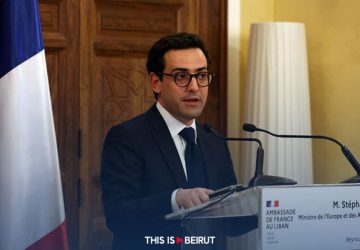Listen to the article
Lebanese officials have received information suggesting that if efforts to secure the release of hostages between Israel and Hamas fail and if the Israeli army initiates an operation in Rafah, a comprehensive Israeli assault on Hezbollah in Lebanon could be imminent. Signs of this escalation include the widening scope of Israeli airstrikes, which have targeted the region of Hermel (Bekaa Governorate), as well as the specific nature of the targets and the death toll.
Reports suggest that warnings from American and European officials to Lebanon have intensified in the past week, emphasizing the importance for Hezbollah to acknowledge the risks to Lebanon and its people and urging the party to embark on a de-escalation process on the southern front, ultimately leading to a ceasefire that would pave the way for intense negotiations for the implementation of UN Resolution 1701.
Reports suggest that mediators—both local and abroad—have not yet received any response from Hezbollah via Lebanese channels, despite relentless pressure. These mediators were surprised by statements suggesting that Lebanese officials cannot press Hezbollah for a reply, citing the intricate interplay of military and political factors shaping the party’s decisions. This includes consultations with Iran, Hamas and the Islamic Jihad, hinting that any response might be subject to extensive deliberations and might take a while to materialize.
Western diplomats closely monitoring the situation in Lebanon have asserted that Hezbollah has been resistant to every possible effort to prevent a full-scale war in the country. They argued that the Lebanese government has failed in trying to persuade the Shiite faction, which seems unaffected by the opposing viewpoints of the Lebanese population regarding the war. These diplomats stressed that they are not advocating for miracles to ward off the direst repercussions on Lebanon, especially since Lebanese officials continue to tread carefully around Hezbollah through their statements and positions. None has explicitly voiced opposition to the ongoing events in southern Lebanon or directly called on Hezbollah to halt hostilities. This stance effectively places the Lebanese government in line with supporters of war and its potential repercussions.





